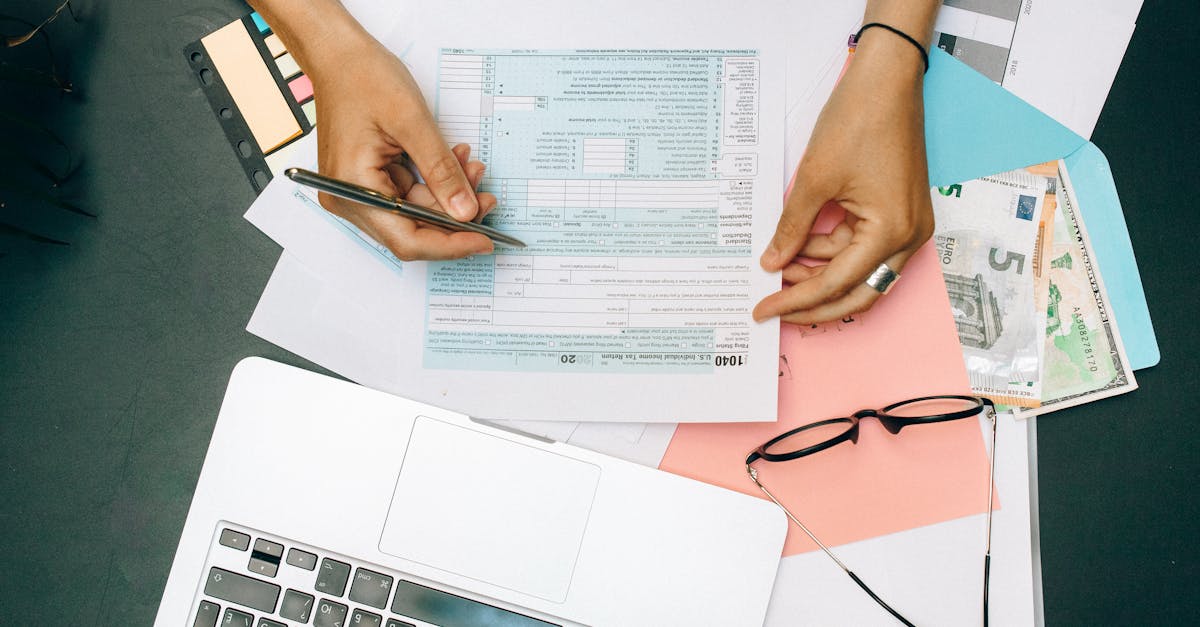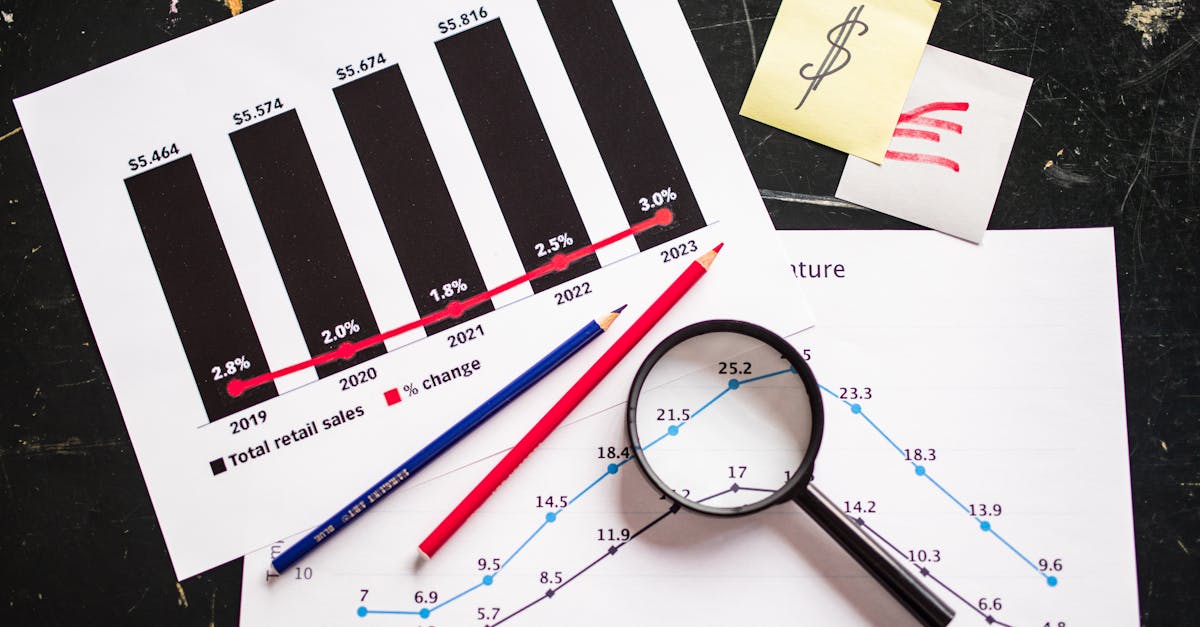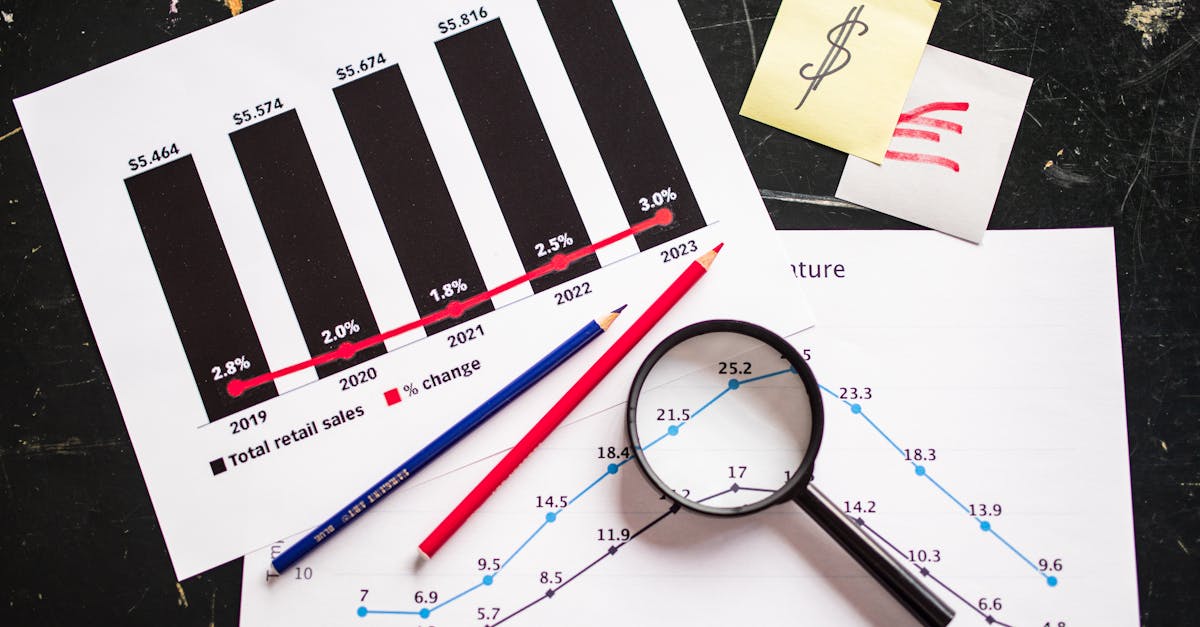Creating a personal budget might sound as thrilling as watching paint dry, but it doesn’t have to be that way. Imagine having a financial roadmap that not only keeps your spending in check but also helps you save for that dream vacation or that shiny new gadget. By diving into personal budget categories, anyone can transform their financial chaos into a symphony of order and control.
Table of Contents
ToggleUnderstanding Personal Budget Categories
Personal budget categories simplify financial management. Categorizing expenses helps individuals see where their money goes.
Essentials include rent, utilities, groceries, and transportation. These items form the basis of living expenses.
Savings account for future financial goals. Saving for emergencies, retirement, or vacations ensures financial security.
Discretionary spending allows for personal enjoyment. Items like entertainment, dining out, and hobbies fall under this category.
Debt repayment encompasses loans and credit card payments. Allocating funds to pay off debts reduces financial strain.
Investments represent growth opportunities. Funds might go toward stocks, bonds, or real estate.
Insurance protects against unforeseen circumstances. Categories include health, auto, and property insurance.
Healthcare covers medical expenses. Regular check-ups, medications, and dental care create this essential budget category.
Education expenses impact budgeting for students. Tuition, textbooks, and online courses contribute to lifelong learning.
Prioritizing budget categories ensures balanced financial health. Focusing on essentials protects against overspending.
Reviewing budget categories regularly helps adjust financial strategies. Changes in income or expenses require realignment.
Understanding these categories fosters wiser spending habits. Clear visibility into financial allocations enhances overall control.
Types of Personal Budget Categories
Understanding different personal budget categories allows for better financial management. These categories help individuals visualize their spending and saving habits.
Fixed Expenses
Fixed expenses comprise regular payments that remain constant every month. Rent or mortgage payments exemplify fixed expenses, as they don’t fluctuate. Utility bills for services like water and electricity can also fall into this category, although some variability may occur depending on usage. Car payments occur on a fixed schedule, making them predictable. Insurance premiums for health, car, or home typically remain unchanged from month to month. Budgeting accurately for fixed expenses ensures individuals meet these obligations without stress.
Variable Expenses
Variable expenses cover costs that fluctuate based on consumption and lifestyle choices. Grocery bills illustrate this category, as spending may vary week to week. Transportation costs can shift depending on gas prices or public transit use. Clothing purchases also fall under variable expenses, as these can change significantly based on needs or seasons. Entertainment spending, such as dining out or attending events, contributes to variable expenses, allowing flexibility in budgeting. Keeping track of variable expenses assists individuals in finding areas to cut back when necessary.
Discretionary Spending
Discretionary spending refers to funds allocated for non-essential goods and services. Hobbies or leisure activities capture discretionary spending, enhancing one’s quality of life. Travel and vacations also utilize discretionary funds, offering enjoyment but not necessity. Subscriptions for streaming services or dining out often fall under this category, making budgeting for pleasure easier. It’s essential to limit discretionary spending to maintain overall financial health. Balancing discretionary spending with priorities fosters a more sustainable budget.
Setting Up Your Personal Budget Categories
Creating personal budget categories begins with understanding various income sources. Regular income from a job provides the primary funding for many budgets. Additional sources like freelance work, side gigs, or investment returns can supplement this base. Identifying all income sources accurately captures the total available for spending and saving.
Allocating funds efficiently among budget categories is essential. Start with fixed expenses, such as rent, utilities, and insurance premiums, ensuring these obligations are met first. Next, consider variable expenses like groceries and transportation, adjusting amounts based on monthly consumption patterns. Discretionary spending should follow, keeping it flexible yet within limits to prevent overspending. Assigning clear percentages to each category helps maintain balance. Regularly reviewing these allocations ensures the budget adapts to changes in income or lifestyle, facilitating ongoing financial stability.
Tracking Your Spending in Each Category
Tracking spending in personal budget categories enhances financial clarity and control. Utilizing the right tools is essential in this effort.
Tools and Apps for Budgeting
Various tools and apps assist in budgeting effectively. Applications like Mint and YNAB (You Need a Budget) provide users with features to categorize expenses and track spending in real-time. These platforms allow individuals to link bank accounts, analyze spending habits, and generate insightful reports. Smartphone features facilitate on-the-go tracking, making it easy to record expenses instantly. Using digital tools enables more focused financial management and saves time compared to manual tracking methods.
Regular Review and Adjustment
Regularly reviewing and adjusting the budget is crucial for effective financial management. Conducting monthly assessments helps identify trends in spending and assess the effectiveness of current strategies. Adjusting categories based on changes in income or lifestyle needs ensures individuals remain aligned with financial goals. Prioritizing urgent expenses like housing and savings will always take precedence over discretionary spending. Keeping a flexible approach allows budgets to adapt and respond proactively to financial challenges, fostering continued stability and growth.
Benefits of Using Personal Budget Categories
Using personal budget categories enhances financial control and clarity. Individuals gain a precise understanding of where funds are allocated, allowing for informed spending and saving decisions. Greater awareness of financial flow leads to smarter choices and prioritization of essential expenses like rent or groceries.
Regularly categorizing expenses fosters accountability in spending habits. Individuals can spot trends in variable spending, such as dining out or shopping, and adjust behavior accordingly. Efficient tracking also identifies opportunities to cut back, freeing up funds for savings or debt repayment.
A structured budget promotes financial stability over time. Prioritizing fixed expenses first ensures that monthly obligations, such as bills and loans, remain manageable. Without the pressure of missed payments, individuals can enjoy peace of mind.
Creating separate categories for discretionary spending allows for enjoyment without guilt. Allocating a specific portion for entertainment encourages individuals to indulge in hobbies while maintaining financial health. Balancing these categories cultivates a sustainable financial lifestyle.
Using budgeting tools and apps facilitates easier management of personal finances. Integrating technology, individuals can link bank accounts and analyze spending behavior, leading to informed adjustments. Monitoring budget categories in real-time maximizes efficiency and reduces the risk of overspending.
High levels of organization in financial management drive long-term goals. Saving for emergencies, retirement, or vacations becomes more achievable with designated categories. Effectively managing money in this way nurtures a sense of security and prepares individuals for unexpected financial challenges.
Mastering personal budget categories is essential for anyone looking to gain control over their finances. By understanding and organizing these categories individuals can navigate their financial landscape with confidence. This structured approach not only fosters accountability but also encourages mindful spending and saving habits.
Utilizing tools and apps makes tracking expenses easier and more efficient. Regular reviews of budget categories allow for adjustments that reflect changes in income or lifestyle. Ultimately this proactive management leads to financial stability and helps achieve long-term goals. Embracing personal budgeting can transform financial chaos into clarity and security.







